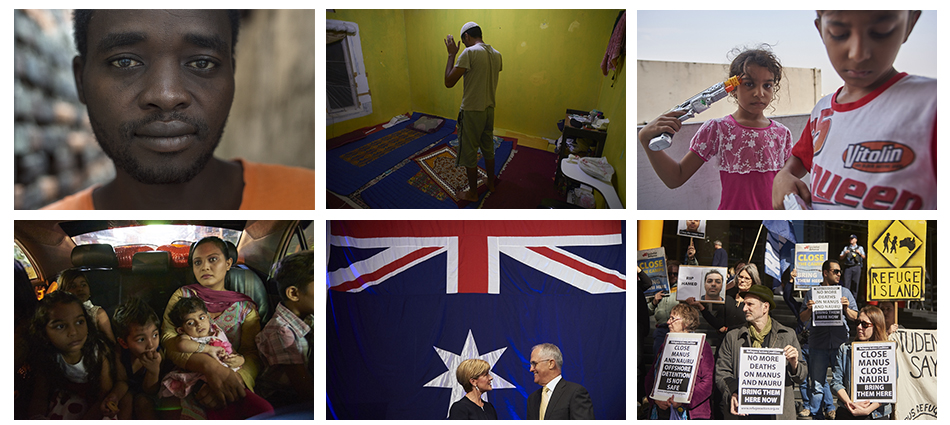Aaron Bunch Journalist with Australian Associated Press | Collection of published work | + 61 484 008 119 | abunch@aap.com.au

WA budget billions to fund cost-of-living measures
The WA government has unveiled a $4.2b budget surplus on the back of solid economic growth, with cost-of-living relief and health key budget priorities.
May 11, 2023
Supercharged economic growth delivering a better than expected budget surplus in Western Australia will be converted into cost of living relief and improving the state’s health system.
Premier and Treasurer Mark McGowan was measured as he announced an expected surplus of $4.2 billion for the current financial year and $3.3b for 2023/24.
“Our strong economy and finances have given us capacity to deliver what is important to the West Australian community,” he said.
The Labor leader said the state’s sixth consecutive operating surplus would allow his government to roll out budget measures to help families and small business cope with rising inflation and interest rates.
The 2023/24 financial blueprint also includes measures to upgrade the health system, provide more social housing and prepare the state for climate change.
The centrepiece was $715 million in cost of living support, with every WA household to receive a minimum $400 electricity credit.
“Only a Labor government understands the pressures that families and households are experiencing,” Mr McGowan said.
“The impact of external factors like higher interest rates, inflation and the war in Ukraine, have made it harder for WA families to make ends meet.”
The support will be extended to small businesses, with more relief for vulnerable households amid the state’s improving fiscal position.
Net debt is expected to fall to $27.9b at June 30 – almost $16b lower than was projected when the Labor government came to office and the fourth consecutive annual decline – before progressively rising to $35.9b by 2026-27.
Economic growth was expected to be a record 4.25 per cent in 2022-23 but is tipped to fall to 2.25 per cent in the coming year and 1.5 per cent in the longer term.
Employment growth was 1.75 per cent for the current financial year and between 1 and 1.5 per cent over the next four years.
The budget also confirms an ongoing infrastructure commitment of $39b over the forward estimates, including big spending on health, public transport, roads and ports.
A record $2.7b will be spent on the health and mental health sectors, with dozens of measures, including funding to increase beds, build new hospitals and attract more nurses and doctors to the state.
The budget also includes $750m to build more social housing and fund homelessness services, including 700 new community houses.
A further $3b will help WA prepare for climate change, with funding to help the state produce and store more renewable energy supply.
Shadow treasurer Steve Thomas said the government should be focused on reducing debt instead of using the surplus as a means to further his “political future”.
“Mark McGowan in the biggest boom this state has ever seen has taken debt higher, not lower,” he said.
“There will never be a better opportunity to pay down debt and (the premier) has failed.”
Dr Thomas was also critical of the government’s attempts to diversify the WA economy and said it should be investing in “smoothing out the boom bust cycle”.
The Committee for Economic Development of Australia said Mr McGowan had delivered a strong budget buoyed by mining royalties and a payroll and property tax windfall, but work needed to be done to ensure the state’s success continued.
Economist Cassandra Winzar said it should do more to do more to diversify the economy, including opening up to new markets and providing support to fledgling industries, such as hydrogen and medical technologies.
“It should also focus on building the infrastructure and community services needed to attract people and businesses to the state,” Ms Winzar said.
WA Council of Social Service chief executive Louise Giolitto welcomed the cost of living relief but said more needed to be done to prepare for the growing number of households entering financial hardship.
“We are concerned there is a lack of investment in community services to provide the ongoing assistance households will need as this situation continues,” she said.
WA BUDGET 2023/24
Surplus: $3.3b
Revenue: $43.2b
Expenditure: $39.9b
Net debt: $29.3
GST revenue: $6.5b
Unemployment: 4 per cent
Growth: 2.25 per cent